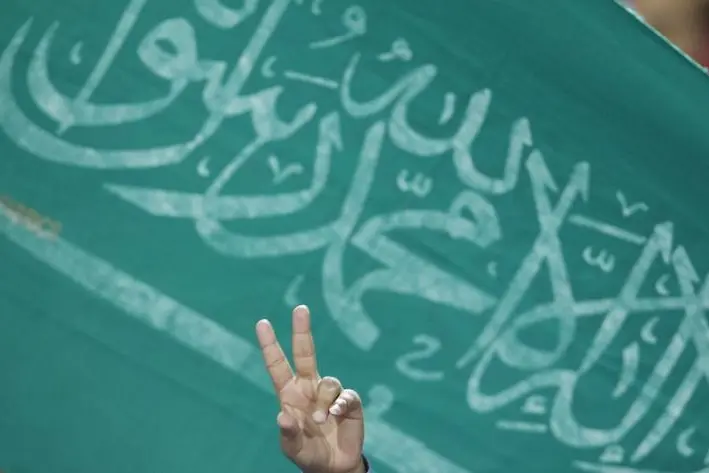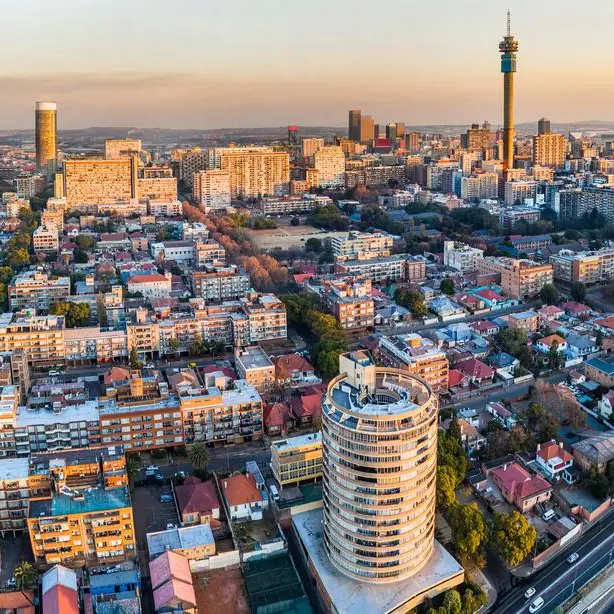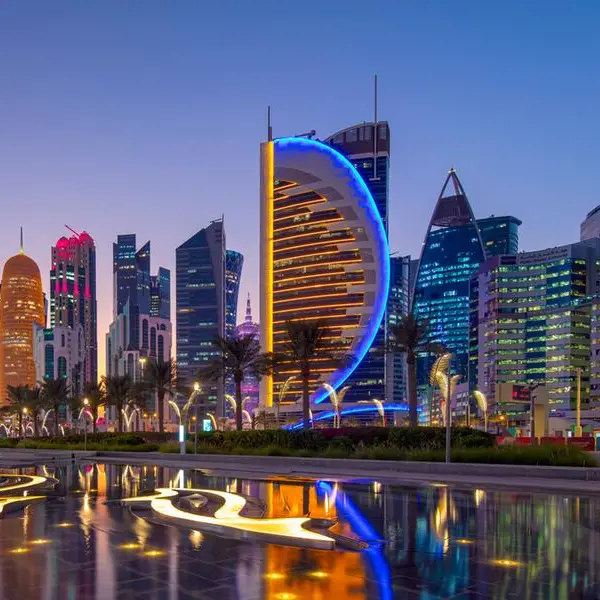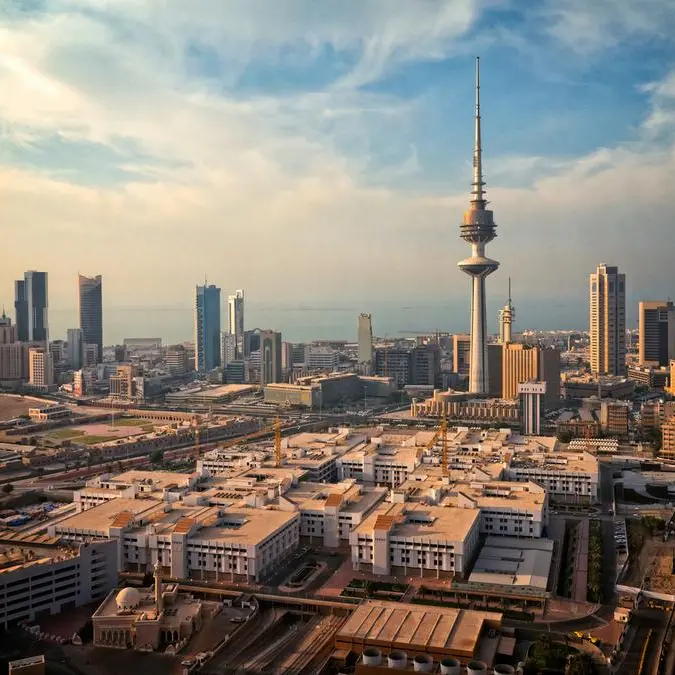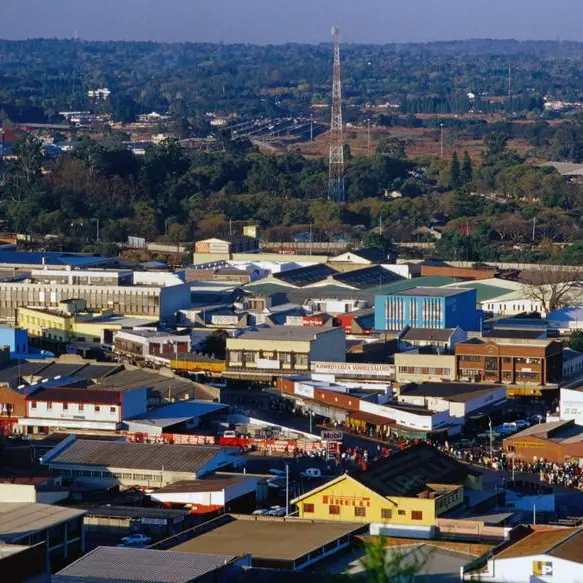PHOTO
Dubai: The Saudi-Iraqi rapprochement is being seen as a wise, strategic move by the kingdom, which may end up gradually freeing the Iraqi government of Iranian influence, Arab analysts said.
Strong relations between the two neighbours will be mutually beneficial, analysts said, a day after the inauguration of the Saudi-Iraq Coordination Council (SICC) in Riyadh on Sunday.
In politics, there are common interests, said Faleh Abdul Jaber, head of Iraqi Studies, a Beirut-based research centre. When the interests [of different countries] align, countries meet. When their interests conflict with each other, they disagree, Abdul Jaber told Gulf News.
Today, the interests of both Riyadh and Baghdad align and this necessitates stronger relations.
For Saudi Arabia, this development comes at a time of a shift in the countrys foreign policy, experts said.
I believe there has been, recently, a change in the kingdoms foreign policy philosophy, said Ahmad Kamel Al Buhairi, a researcher at the Cairo-based Al Ahram Strategic Studies Centre. Part of this new philosophy is related to openness to many of the regional issues, aimed at rearranging the dossiers on these issues, Al Buhairi said.
Regional heavyweight Saudi Arabia, particularly since the appointment of Prince Mohammad Bin Salman as Crown Prince, is reviewing its internal, regional and international policies, including its relations with different countries. The historic visits by both Saudi King Salman Bin Abdul Aziz and Crown Prince Mohammad to Moscow earlier this year — the first ever — are examples of the vision.
The kingdom also showed strong support for the government of Iraqi Prime Minister Haider Al Abadis war on terrorism, and his efforts to eliminate Daesh.
Saudi Arabia doesnt want to let Iran be the only influence in Iraq Both Saudi Arabia and Egypt [have] decided to deal differently with Iraq, said Al Buhairi.
Iraqs relations with many Arab countries became strained, and diplomatic ties with most Gulf States were cut off, in the aftermath of the Iraqi invasion of Kuwait in August 1990. And after the toppling of the secular regime of Saddam Hussain in 2003, Iran-backed Shiite parties have dominated politics in Iraq.
However, in the past few years, there has been increased interest from the Arab side to re-establish good relations with Iraq. Similarly, a growing number of Iraqi political parties are seeking better relations with Arab countries.
In 2015, Saudi Arabia reopened its embassy in Baghdad after 25 years. In February, 2017, Saudi Foreign Minister Adel Al Jubeir visited Baghdad. Three months later, Iraqi President Fuad Masum visited Riyadh to attend the Islamic-Arab-American summit.
Al Abadi visited Saudi Arabia last June, and the prominent Iraqi Shiite cleric and political leader Moqtada Al Sadr paid a similar visit last July. The visit was described as a positive development, and analysts said Al Sadr realised that sectarianism is negatively affecting the future of the Iraq, its people, and all the Arabs.
Al Sadrs meetings in Saudi Arabia were an important message that there is an Arab flavour to Iraqi Shiites, said Al Buhairi.
However, it is not accurate to say that Iraqs improving relations with its Arab neighbours mean it is getting outside Irans sphere of influence.
Iran is a strong supporter, politically and military, of the Iraqi governments war against Daesh and Al Qaida. Iran has also supported Baghdads position against the Iraqi Kurdish independence referendum last month.
Yet, this support does not mean Iraq and Iran are two peas in a pod, analysts said.
Moreover, this support also does not imply the US wants to see Iran end its support to the war against terrorism in Iraq.
The United States is benefiting from Iranian support to the Iraqi government in the fight against Daesh and Al Qaida, said Al Buhairi.
There are near enemies and distant enemies, he said. Daesh and Al Qaida are the near enemies at present. Iran is the distant one, now.
US Secretary of State Rex Tillerson said in a press statement in Saudi Arabia that all foreign fighters in Iraq should go back home, as the battle is about to come to an end.
Commenting on the statement, Abdul Jaber said, Irans influence on the Iraqi government will subside gradually and this will give Iraqi politicians an opportunity to work freely.
In the end, both Saudi Arabia and Iraq will emerge as the biggest beneficiaries, and this is very important. Riyadhs move to rebuild bridges with Iraq was a wise one, he added.
Strong relations between the two neighbours will be mutually beneficial, analysts said, a day after the inauguration of the Saudi-Iraq Coordination Council (SICC) in Riyadh on Sunday.
In politics, there are common interests, said Faleh Abdul Jaber, head of Iraqi Studies, a Beirut-based research centre. When the interests [of different countries] align, countries meet. When their interests conflict with each other, they disagree, Abdul Jaber told Gulf News.
Today, the interests of both Riyadh and Baghdad align and this necessitates stronger relations.
For Saudi Arabia, this development comes at a time of a shift in the countrys foreign policy, experts said.
I believe there has been, recently, a change in the kingdoms foreign policy philosophy, said Ahmad Kamel Al Buhairi, a researcher at the Cairo-based Al Ahram Strategic Studies Centre. Part of this new philosophy is related to openness to many of the regional issues, aimed at rearranging the dossiers on these issues, Al Buhairi said.
Regional heavyweight Saudi Arabia, particularly since the appointment of Prince Mohammad Bin Salman as Crown Prince, is reviewing its internal, regional and international policies, including its relations with different countries. The historic visits by both Saudi King Salman Bin Abdul Aziz and Crown Prince Mohammad to Moscow earlier this year — the first ever — are examples of the vision.
The kingdom also showed strong support for the government of Iraqi Prime Minister Haider Al Abadis war on terrorism, and his efforts to eliminate Daesh.
Saudi Arabia doesnt want to let Iran be the only influence in Iraq Both Saudi Arabia and Egypt [have] decided to deal differently with Iraq, said Al Buhairi.
Iraqs relations with many Arab countries became strained, and diplomatic ties with most Gulf States were cut off, in the aftermath of the Iraqi invasion of Kuwait in August 1990. And after the toppling of the secular regime of Saddam Hussain in 2003, Iran-backed Shiite parties have dominated politics in Iraq.
However, in the past few years, there has been increased interest from the Arab side to re-establish good relations with Iraq. Similarly, a growing number of Iraqi political parties are seeking better relations with Arab countries.
In 2015, Saudi Arabia reopened its embassy in Baghdad after 25 years. In February, 2017, Saudi Foreign Minister Adel Al Jubeir visited Baghdad. Three months later, Iraqi President Fuad Masum visited Riyadh to attend the Islamic-Arab-American summit.
Al Abadi visited Saudi Arabia last June, and the prominent Iraqi Shiite cleric and political leader Moqtada Al Sadr paid a similar visit last July. The visit was described as a positive development, and analysts said Al Sadr realised that sectarianism is negatively affecting the future of the Iraq, its people, and all the Arabs.
Al Sadrs meetings in Saudi Arabia were an important message that there is an Arab flavour to Iraqi Shiites, said Al Buhairi.
However, it is not accurate to say that Iraqs improving relations with its Arab neighbours mean it is getting outside Irans sphere of influence.
Iran is a strong supporter, politically and military, of the Iraqi governments war against Daesh and Al Qaida. Iran has also supported Baghdads position against the Iraqi Kurdish independence referendum last month.
Yet, this support does not mean Iraq and Iran are two peas in a pod, analysts said.
Moreover, this support also does not imply the US wants to see Iran end its support to the war against terrorism in Iraq.
The United States is benefiting from Iranian support to the Iraqi government in the fight against Daesh and Al Qaida, said Al Buhairi.
There are near enemies and distant enemies, he said. Daesh and Al Qaida are the near enemies at present. Iran is the distant one, now.
US Secretary of State Rex Tillerson said in a press statement in Saudi Arabia that all foreign fighters in Iraq should go back home, as the battle is about to come to an end.
Commenting on the statement, Abdul Jaber said, Irans influence on the Iraqi government will subside gradually and this will give Iraqi politicians an opportunity to work freely.
In the end, both Saudi Arabia and Iraq will emerge as the biggest beneficiaries, and this is very important. Riyadhs move to rebuild bridges with Iraq was a wise one, he added.
Al Nisr Publishing LLC 2017. All rights reserved. Provided by SyndiGate Media Inc. (Syndigate.info).
